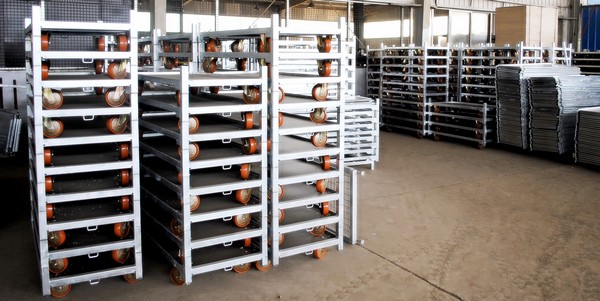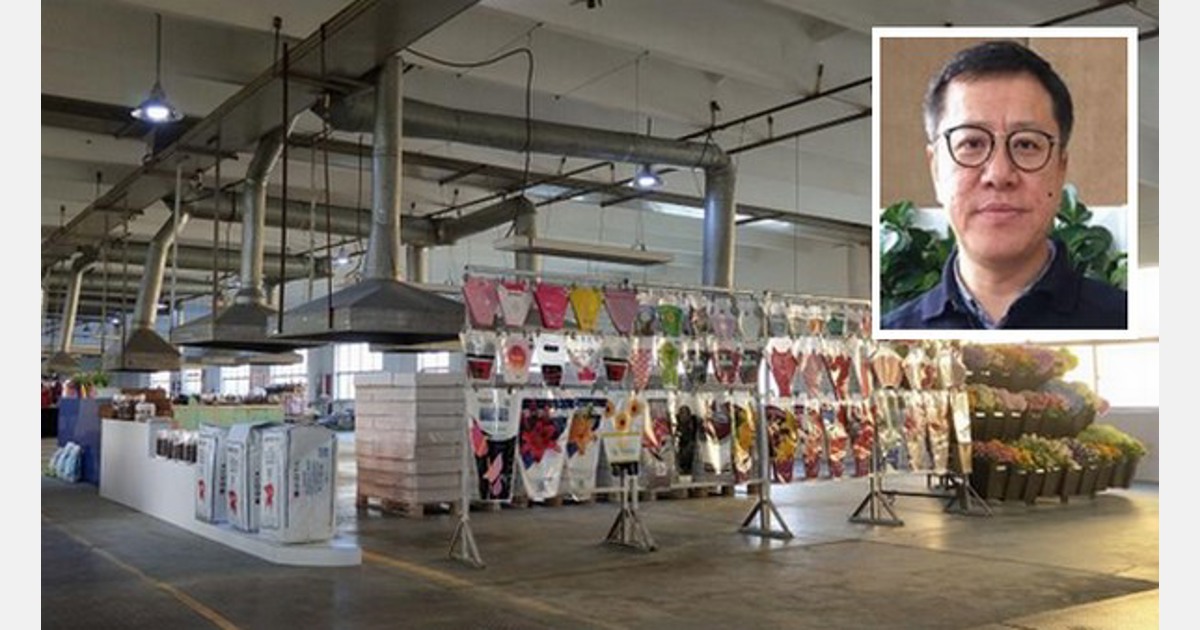When Oboya Horticulture Industries Sweden declared bankruptcy on August 16, 2021, the company faced many questions and uncertainties from customers, said Robert Wu, founder and chairman of Oboya. “Over the past 15 months Oboya has been through an extraordinarily turbulent period, but we are moving forward and not standing still. In this article, Wu explains what happened to Oboya Horticulture Sweden and what the future of Oboya looks like.
The road to bankruptcy
According to Wu, the main reason Oboya Horticulture Sweden filed for bankruptcy is the many acquisitions it has made over the years. “I started the business in 2006, producing flower sleeves, and the business was growing quite quickly and smoothly. In 2014, I wanted to put the company on the stock market, so we bought it and it became a public limited company. Since then we have made a number of acquisitions, buying out companies in Denmark, Poland, Vietnam and many more. Still, most of these acquisitions didn’t go very well because they were expensive and we had trouble with integrations. As a result, we have never really reaped the fruits of our acquisitions. We have had years of struggle and loss, especially in European operations. For our Swedish companies, we have lost hundreds of millions of Swedish kronor and we have realized that we cannot continue like this. And then the pandemic added even more challenges to that with the high shipping costs and expensive raw materials. We decided to file for bankruptcy of our three Swedish companies and we sold our companies in Vietnam, Norway and one in Poland. We have been fighting for so long to try to survive, it just wasn’t doable anymore. “

Focus on Chinese operations
Wu explains that there has been a lot of uncertainty over Oboya’s possible demise, but Chinese companies will continue to operate without any impact from Swedish bankruptcies. “On August 23, 2021, a share purchase agreement was signed and 100% of Oboya Horticulture Industries Hong Kong Ltd and all of its subsidiaries in China were transferred. This means that we have now privatized the Chinese entities, instead of being a publicly traded company. “Chinese operations have always worked well and we serve customers and partners in more than 60 countries, which will continue. However, our business is taking a step back. ”

“We will now focus more on our manufacturing operations instead of expanding, thus being a manufacturing company focused on flower sleeves, product packs, vegetable wrappers, carts, etc. I now have the experience that acquisitions involve a lot of risk. Therefore, now we will focus on improving production and capacity, and business will remain as usual. Wu explains that private Chinese companies are also much more profitable and are now able to take a longer-term view and focus on their future while reflecting on their past.
For more information:
Oboya Horticulture Industries Hong Kong Ltd
Robert wu
[email protected]
www.oboya.cc
www.horti.cn

